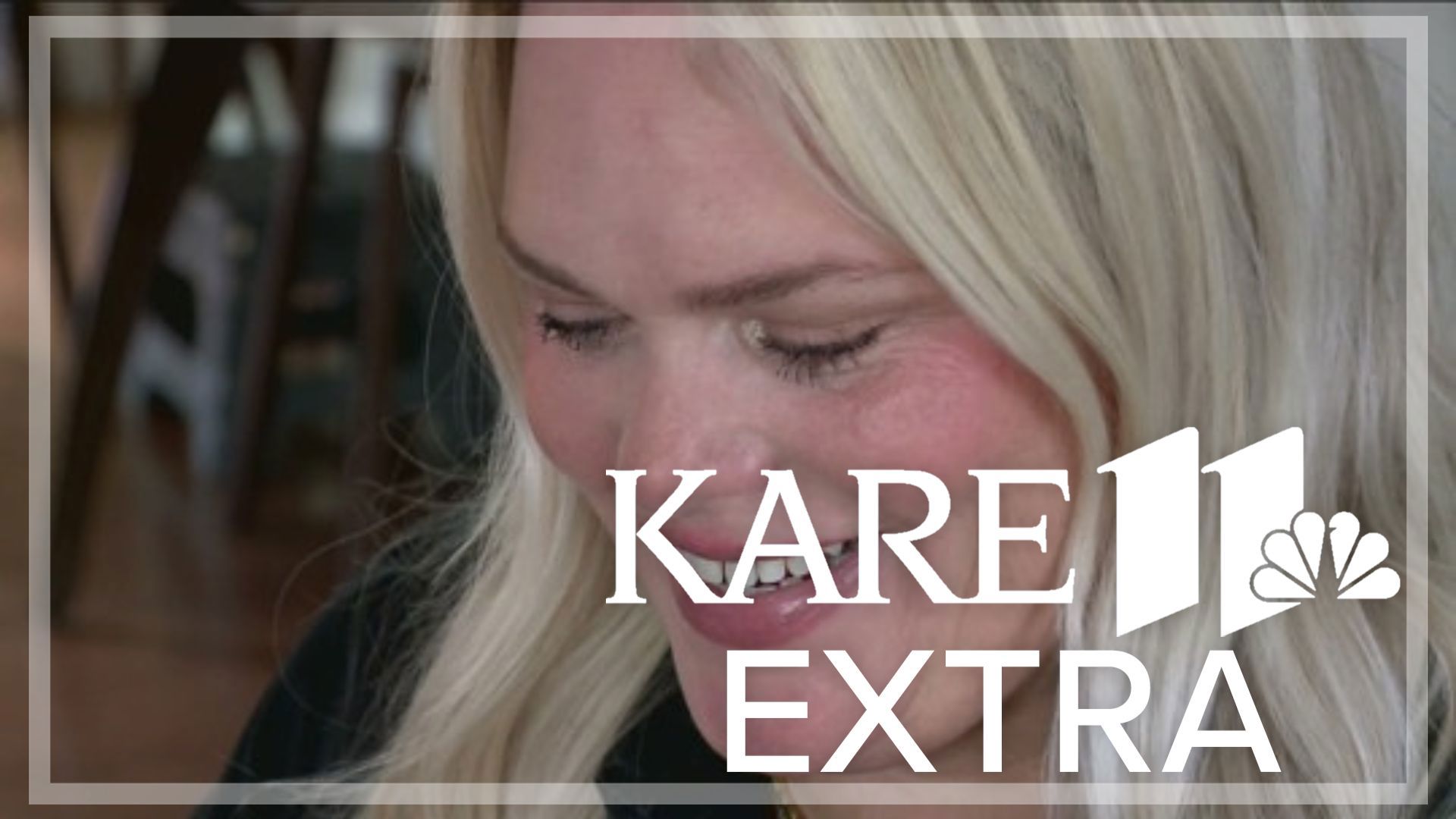MINNEAPOLIS -- A new study found lingering racial discrimination among Twin Cities lenders when it comes to denying mortgages and small business loans.
Researchers found, even when accounting for factors such as historic income and employment disparities, persons of color are more likely to have loans denied.
"If income differences between populations of color and white populations, if credit risk differences, if census track differences don't explain all the racial disparities in loan denials, then something else is going on," Jermaine Toney, the research economist who co-authored the study, told KARE.
"People who are equally qualified to get the loan, but the financial institution's making the decision to reject people of color on average, and going with the white applicant, even though the qualifications are the same."
The report, Responsible Banking in the Twin Cities, was produced by the Humphrey School of Public Affairs and was unveiled Thursday at a Minneapolis City Council study session as part of that city's ongoing effort to monitor fair lending practices in the city.
The study examined data from the 50 largest financial institutions doing loan business in the Twin Cities, public information those banks and credit unions provide to local and federal regulators.
"We want to make to make a distinction between disparity and discrimination," Samuel Myers Jr., the Roy Wilkins Professor of Human Relations and Social Justice at the Humphrey School and co-author of the study, explained.
"We already knew there were large disparities; that minorities were twice as likely to be turned down for loans as whites. But discrimination is a puzzle, especially here in the Twin Cities."
He said banking institutions and government regulators should sit up and take notice of the study's findings.
"There's a law. The name of the law is the Equal Credit Opportunity Act! It's illegal to discriminate! It's a federal law! So somebody ought to be enforcing that law!"
The 50 banks were graded along the following four criteria:
- Home Mortgage Lending Disparities (30%)
- Small Business Lending (30%)
- Discrimination in Loan Denials (30%)
- Customer Service (10%)
That resulted in a report card that gave Wells Fargo, the region's largest mortgage lender, an overall grade of "C plus." U.S. Bank received a "D" in the report. TCF Bank garnered a C. Bremer Bank earned a "B minus."
Council Member Barb Johnson asked if the customer service rating factored in accessibility, noting that U.S. Bank still maintains a full service branch on West Broadway Ave. on the north side of Minneapolis.
"Seems to me that's an access point that is unique, particularly for low income communities who maybe don't have as much access to online banking services."
Myers said that banking branch locations were not taken into account, but said some of the banks' low marks reflected the fact they didn't participate in a survey conducted as part of the study.
Banks respond
US Bank issued the following response:
We comply with and are committed to all fair and responsible banking laws and have stringent guidelines that do not allow for any type of discrimination. Furthermore, we're proud to call the Twin Cities our home and take our responsibility to the community seriously. In fact, last year we provided more than $400 million in community development loans, investments and donations in the market, much of which supported affordable housing and economic development.
Wells Fargo spokesperson John Hobot issued the following response to the report:
"Wells Fargo is proud of its strong track record of fair and responsible lending leadership, and of our role as the regions' largest mortgage and small business lender. Over the past several years, we have been the largest mortgage lender in the Twin Cities overall, lending to borrowers representing all racial and ethnic groups in both diverse and minority communities."
In 2012 Wells Fargo settled a $175 million lawsuit brought by the US Dept of Justice claiming racial discrimination in subprime lending, but the bank did not admit any wrongdoing, saying the settlement was to avoid a lengthy and costly litigation with the US government.
Click here for a summary of the Humphrey School report and supporting research documents.


